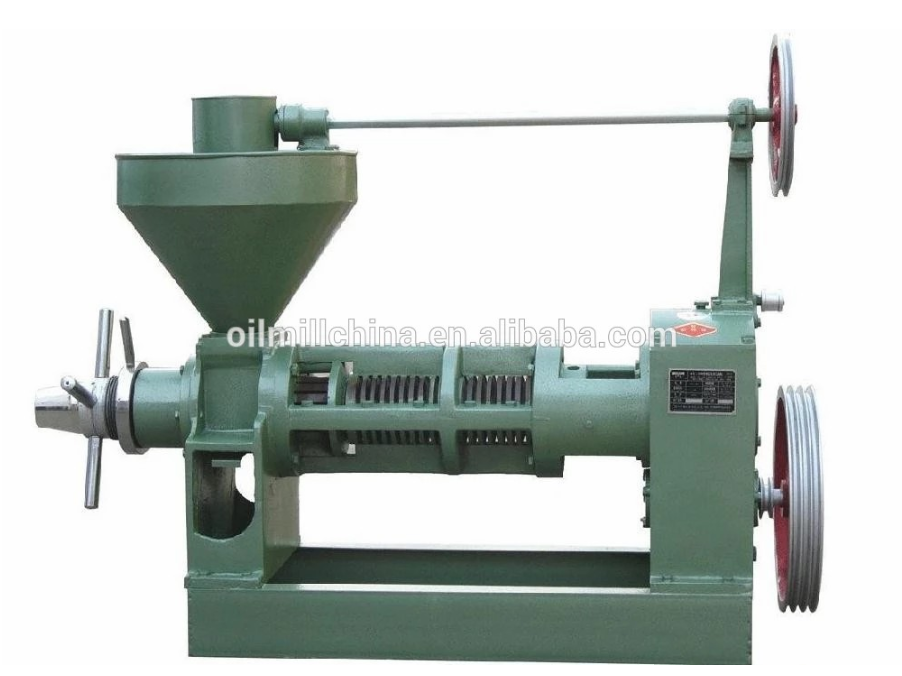Aug . 12, 2024 19:50 Back to list
Exploring the Key Processes and Benefits of Wholesale Food Oil Refining Units for Businesses and Consumers
The Importance of Wholesale Food Oil Refining Units
In the ever-evolving landscape of food production and distribution, wholesale food oil refining units play a crucial role in ensuring that edible oils meet the quality standards required for consumption. These units are essential in transforming raw, unrefined oils into safe, high-quality products that can be used in various culinary applications. As the global demand for cooking oils continues to rise, understanding the significance of these refining units becomes increasingly important.
The Refining Process
The refining of edible oils involves several stages designed to remove impurities and undesirable components. These stages typically include degumming, neutralization, bleaching, and deodorization. During degumming, phospholipids and other impurities are removed, improving the oil’s stability and shelf life. Neutralization follows, where free fatty acids are eliminated to enhance the oil's flavor and quality. Bleaching reduces color and further removes contaminants, while deodorization eliminates volatile compounds that could affect the oil's aroma and taste.
Wholesale food oil refining units utilize advanced technologies and equipment to carry out these processes efficiently. For instance, centrifuges, filters, and vacuum systems are employed to ensure that the final product is not only safe for consumption but also appealing to consumers. The quality control measures implemented throughout the refining process ensure that the oils are consistent and meet industry standards.
Economic Impact
The economic implications of wholesale food oil refining units are significant. As global populations grow and consumer preferences shift towards healthier cooking oils, the demand for refined oils has surged. This has led to increased investment in refining units, boosting local economies and creating job opportunities. Additionally, refined oils often command higher prices than unrefined counterparts, providing companies with better margins.
Furthermore, these units contribute to the trade balance in many countries. As refined oils are often exported, they can help improve a nation's economic standing in the global market. Countries rich in oilseeds, such as soybeans, palm, and sunflower, benefit greatly from having refining facilities that add value to their agricultural products.
wholesale food oil refining unit

Health and Nutrition
In an age where health consciousness is on the rise, the role of wholesale food oil refining units in producing healthy cooking oils cannot be overstated. Unrefined oils can contain harmful substances and contaminants, making the refining process crucial in producing safe products. Refined oils are often fortified with vitamins and nutrients, catering to the demands of health-conscious consumers.
Moreover, refining makes oils more versatile for cooking, enhancing their stability at high temperatures. This aspect is particularly important as many consumers prefer oils that can withstand frying, sautéing, and baking without deteriorating. The availability of a variety of refined oils, including canola, olive, and sunflower oil, also allows consumers to choose products that align with their dietary preferences and cooking methods.
Sustainability Considerations
As the global community becomes increasingly aware of environmental issues, including climate change and resource depletion, wholesale food oil refining units are also under pressure to adopt sustainable practices. Many refining operations are now exploring methods to reduce their environmental footprint, such as minimizing waste, utilizing renewable energy sources, and implementing water-saving technologies. The trend towards sustainable and eco-friendly practices not only appeals to environmentally-conscious consumers but also enhances the long-term viability of these businesses.
Conclusion
In summary, wholesale food oil refining units are integral to the food industry, providing high-quality, safe, and nutritious cooking oils. Their operations have far-reaching economic impacts, support health and wellness initiatives, and are increasingly focusing on sustainability. As the demand for refined oils continues to grow, these units will remain pivotal in shaping the future of food production and consumption.
-
Efficient Black Seed Oil Expeller & Multi-Seed Oil Press
NewsAug.19,2025
-
HP 120 Model Cold Oil Press-Hebei Huipin Machinery|Energy Efficiency, Multi-Functionality
NewsAug.18,2025
-
HP 120 Model Cold Oil Press-Hebei Huipin Machinery|Oil Extraction, Multi-Functional
NewsAug.18,2025
-
HP 120 Cold Oil Press - Hebei Huipin | Automation & Efficiency
NewsAug.18,2025
-
Safflower Oil Press Service: Efficient & Quality Extraction
NewsAug.18,2025
-
HP 120 Cold Oil Press-Hebei Huipin Machinery|Oil Extraction, High Efficiency
NewsAug.17,2025
